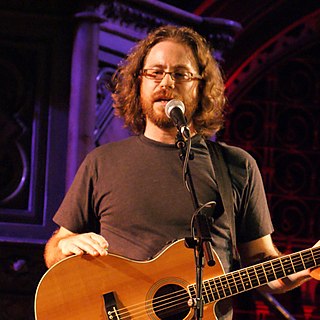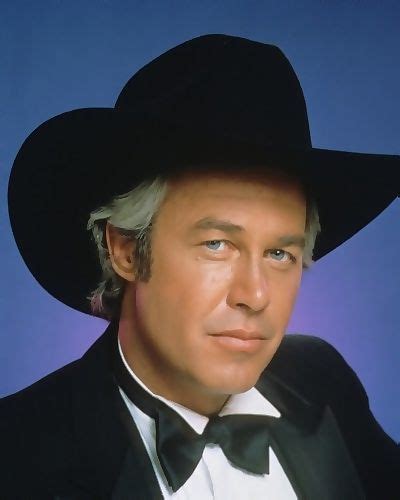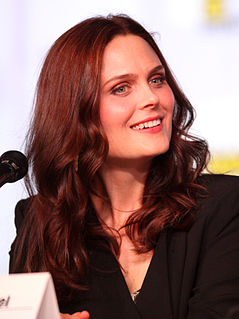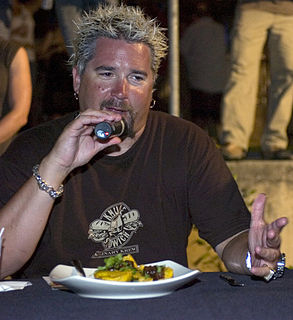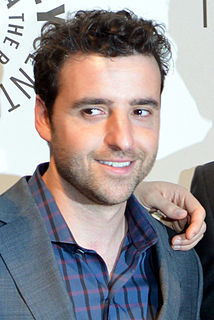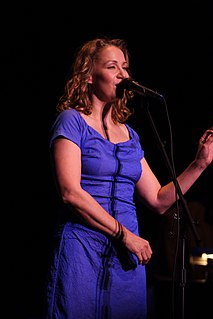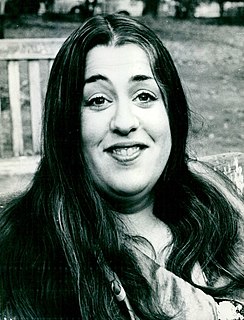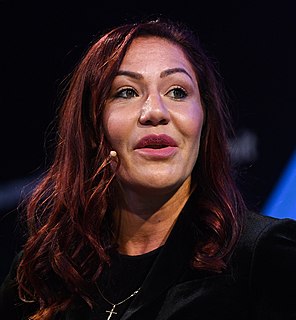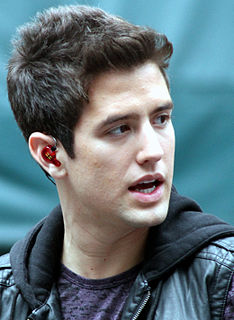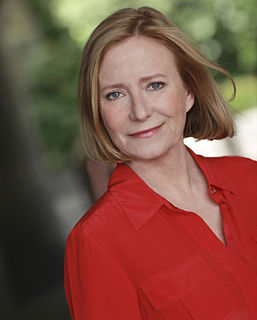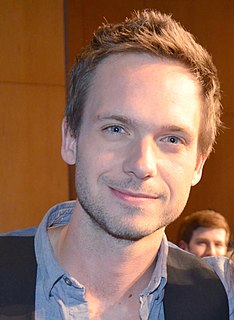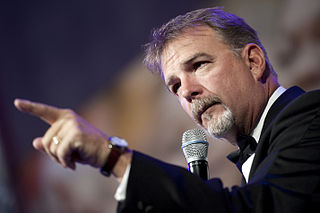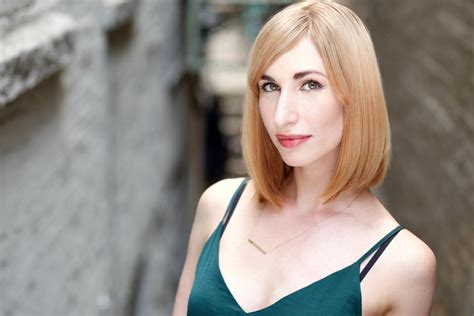A Quote by Jonathan Coulton
One thing I've learned is that the audience not only wants to be talked to but they also like to talk back. Maybe that's not a universal thing but people at my shows always have something to say. I love it because it encourages the spirit of having a good time together and it takes the show to places that I wouldn't be able to take it without their participation. The show becomes something that we're all working on together. That sounds really cheesy but I mean it.
Quote Topics
Able
Also
Always
Audience
Back
Because
Becomes
Cheesy
Encourages
Good
Good Time
Having
Having A Good Time
I've Learned
Learned
Like
Love
Maybe
Mean
One Thing
Only
Participation
People
Places
Really
Say
Show
Shows
Something
Sounds
Spirit
Take
Takes
Talk
Talked
Thing
Time
Time Together
Together
Universal
Wants
Without
Working
Related Quotes
Nobody is one block of harmony. We are all afraid of something, or feel limited in something. We all need somebody to talk to. It would be good if we talked to each other, not just pitter patter but real talk. We shouldn't be afraid, because most people really like this contact; that you show you are vulnerable makes them free to be vulnerable too. It's so much easier to be together when we drop our masks.
You feel the communion of the collective consciousness in that moment when you're on stage doing something and the audience is absolutely with you. And the audience becomes a collective entity as well. They come in from separate places and socio-economic backgrounds, and places across the world and days that they've had, and then they come together and they become one collective thing, and experience something in a collective way.
I think it gets really dangerous, though, to do it on the show. I think that the writers and producers are very much aware of that and the dangers of putting characters together and what that can mean for the show. You know, it's possible it could kill the thing that holds the show together, the chemistry, sexual tension between the two characters.
It's really cool to know that you've put something together that isn't for a particular audience. It's so often that a TV show can really only speak to one sect of the population, and this really is something that appeals to a worldwide fan base. People who are into the pursuit of knowledge. Their reaction has meant the world to us.
Even if I'm doing a show and there's five people in the audience and the sound system is terrible - I mean, it's been a while but I've certainly done those kind of shows where it's just every conceivable thing is against you - you still have music. It's still something that's real whether there's five people in the audience or a hundred thousand people in the audience. And that's always been there for me.
That's definitely my goal, and always has been through the Universal Zulu Nation, is to show that music breaks down all that foolishness and can bring all types of people together, especially when you can mix it and shape it. That's the beauty of sampling: taking the old sound and recreating it and making something new, or bringing back the old sounds, mixed with some heavy grooves and beats, so people can remember. "Oh, I remember that, back in the day."
It [The Esemblist] is also about the generation of audience members that are watching shows and listening to us at the same time; hopefully, in time, when they listen to our show and then go see a show, they'll realize even more what it takes to make a show, and they'll know even more about everybody on stage, rather than just people above the title of the show.
